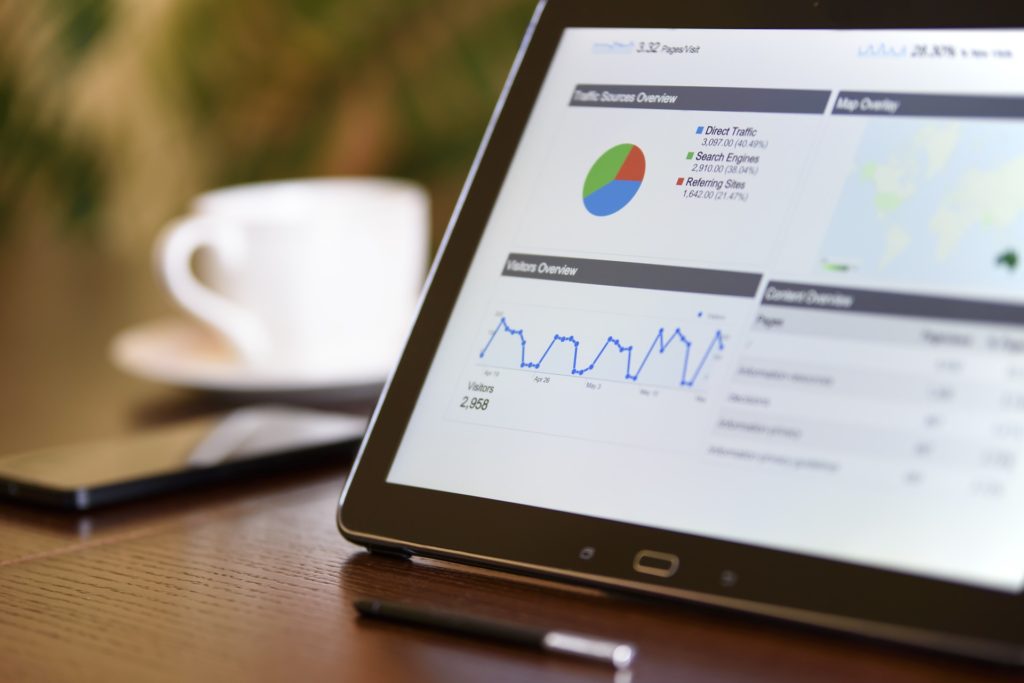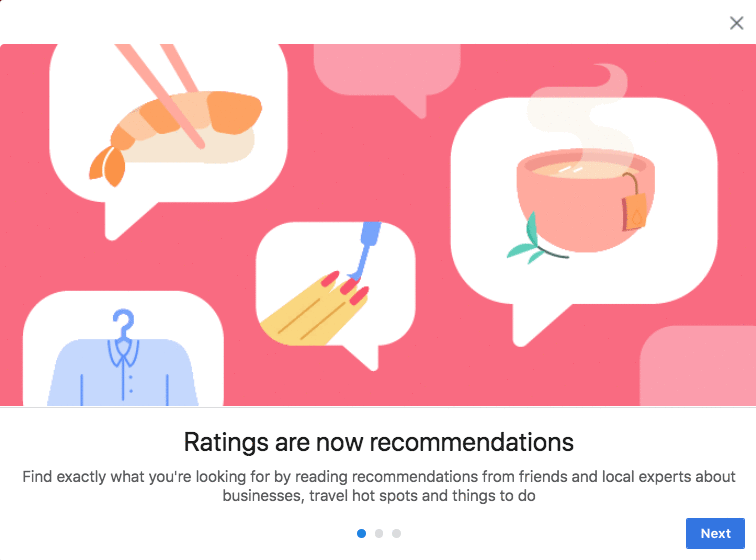In August, Instagram and Facebook took center stage as they rolled out several new features and initiatives. In conjunction with Facebook’s time well spent initiative – a movement to make time spent online more meaningful – both Facebook and Instagram announced a new feature that measures how long you’ve spent in-app and allows users to set up alerts to close the apps after a certain number of minutes or hours pass. Facebook also retired its star-rating review system, replacing it with a new recommendations-style review for business pages, while Instagram’s advertising growth rate boomed. However, it wasn’t all good news for these two popular platforms this month. Facebook is now facing a lawsuit that alleges the network misled small businesses to spend more ad dollars on the platform using inflated audience targeting metrics. Additionally, an Instagram hack locked users out of their accounts and changed usernames, images, and email addresses for many accounts. What’s next for the world of social media? Only time will tell!
Continue reading to catch up on all the industry news you may have missed this month!

Social Media
Instagram Hack Locks Users Out of Accounts
If you experienced difficulty logging into your Instagram account this month, a reported hack may be to blame. Users took to Twitter to complain about an Instagram bug that prevented them from logging into their accounts. After the reports, Instagram identified several hackers who had gained access to user accounts and changed usernames, images, and associated email addresses. Instagram is reportedly investigating the attack and working on fixing the issue by tightening its security.
Facebook Facing Lawsuit for Allegedly Misleading Potential Reach Ad Estimates

Facebook is facing a class action lawsuit for allegedly misleading advertisers on the platform. In the lawsuit, several small business owners are claiming that Facebook’s “Potential Reach” estimates – or the estimated number of users in a specific ad audience – are falsely inflated. As a result, the lawsuit claims that advertisers were misled into spending more advertising dollars on the platform than they otherwise would have.
Facebook, Instagram Introduce Tools to Monitor Time Spent In-App
Facebook and Instagram are rolling out new tools that will help users better monitor how much time they spend using the apps. The new tool comes on the heels of Facebook’s time well spent initiative, which seeks to make time spent online more meaningful. The new tool will display a dashboard detailing total time spent using each app in a given day, with the option to set a daily reminder to close the app after a certain number of minutes or hours.
Facebook Transitions Reviews from Star-Ratings to Recommendations

Facebook business pages will soon see big changes to their reviews, as the social network is retiring the option to leave reviews with star-ratings and replacing them with recommendations. In the past, users could leave a review with a five-star rating system, as well as leave a more detailed explanation; however, the change in the review system now prompts users to answer whether or not they would recommend a page and provide experience highlights or tips for areas of improvement.
Facebook Denies User Data to Thousands of Apps
Hundreds of thousands of inactive apps will no longer have access to Facebook users’ data after the social network cracked down on its app review process. According to Facebook, developers with existing apps on Facebook had until August 1, 2018 to submit for review under the revised process; however, thousands of apps failed to request updated reviews, cutting them off from the site’s API and preventing them from accessing user data. The move comes several months after the Cambridge Analytica scandal, where users became alarmed at the leniency of the platform’s policy for sharing personal information with developers. Following a public apology, the social network provided more insight into the permissions users had given to apps and has been committed to strengthening privacy on the platform.
Instagram Ad Spend Growth Rate Booms While Facebook Remains at Standstill

New reports indicate that more advertising budgets are being spent on Instagram, with ad spend up 177% year-over-year during Q2. Facebook, on the other hand, only saw a 40% increase year-over-year. The report indicates more advertisers are moving to Instagram in an effort to reach a younger demographic. These figures come shortly after reports that Facebook’s slow user growth and lower-than-expected revenue resulted in the biggest one-day dive in American stock market history, with Facebook stock falling 19% and costing the company $120 billion in a single day.
Facebook Launches Ad Archive API for Political Ads
Following the Cambridge Analytica scandal, Facebook is continuing its effort to investigate the impact of social media on political elections. In its latest move, the social network has released an ad archive API with limited release to help select publishers analyze political and issue-based ads that run on the platform.
Facebook Removes 5K Targeting Options for Discrimination Concerns
Advertisers will soon have fewer targeting options in the Facebook Ads Manager, as the network is removing more than 5,000 filters that could potentially result in discrimination. The move comes after finding that certain advertisers were using filters to discriminate against ethnic or religious groups. In particular, the network found that important anti-discrimination laws for housing, employment, and credit-related campaigns were being circumvented with targeting options. In addition to the ad filter removals, Facebook is also launching a certification tool that requires housing, employment, and credit advertisers in the United States to certify non-discrimination policy compliance.
Industry News
Amazon’s Most Profitable Business Quickly Becoming Advertising
Advertising is quickly becoming Amazon’s most profitable business, outpacing Amazon Web Services, which have accounted for the platform’s massive growth in recent years. While AMS net sales continue to grow at a rate of 50% year-over-year, Amazon’s other revenue – which mostly consists of its advertising business – grew about 130% year-over-year in both the first and second quarters of 2018. With advertising having higher profit margins, this increase indicates significant growth for the company in the present and going forward.
What do you think was the most interesting piece of news in our August roundup? Let us know in the comments below!






